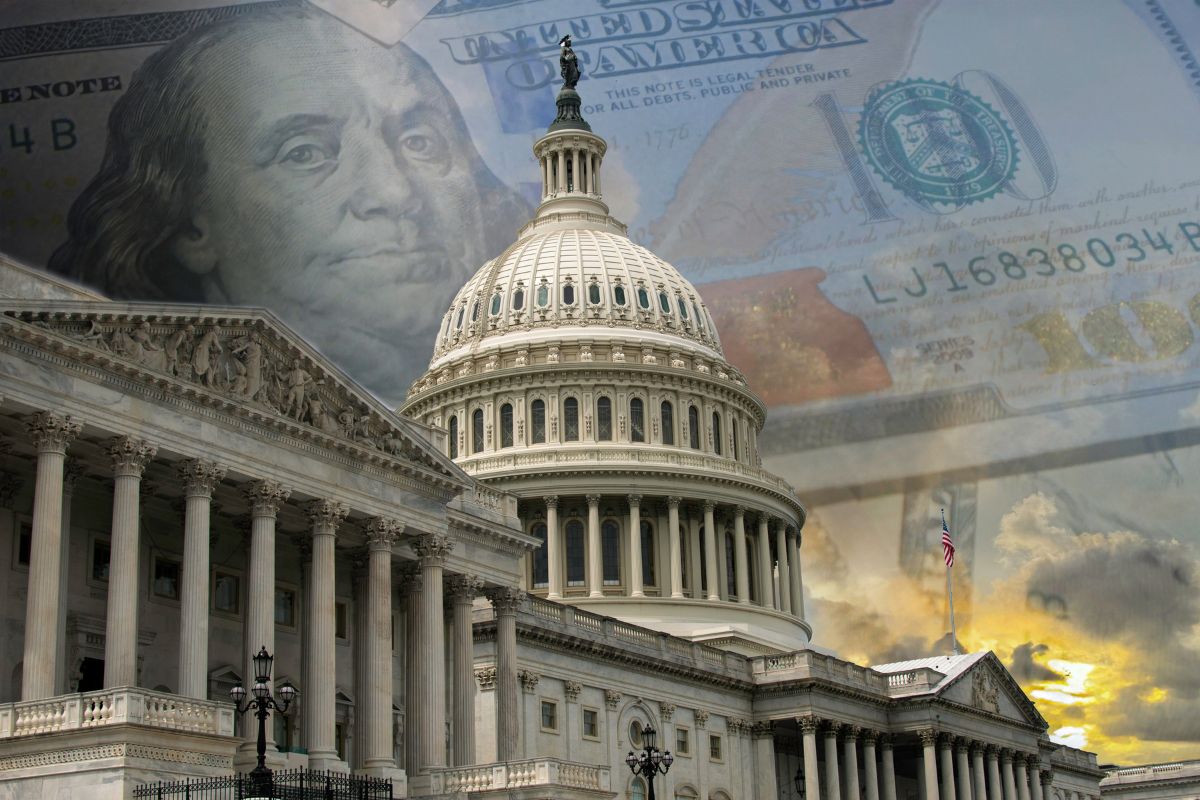With apologies to Taylor Swift, karma is about much more than keeping your side of the street clean. For most of the world’s population, it works as life’s guiding hand of justice.
But new research shows that our own self-interest dictates how we interpret karma. Specifically, a group of York University researchers discovered that the karma faithful are much more likely to attribute their own good fortune to karma, while chalking up the misfortune of others to cosmic punishment. It’s a plot twist that speaks to our underlying predisposition toward self-enhancement and justice.
The study appears in the journal Religion, Brain & Behavior.
Methodology – and Results
Working from a trio of studies populated by more than 2,000 participants in the United States, India, and Singapore, researchers found consistent evidence that we’re all biased when it comes to karma.
In short, karma (apparently) isn’t an equal opportunity cosmic force. We’re more inclined to see our own successes as a well-deserved karmic payback. But we insist on viewing the hardships of others as the righteous punishment for past wrongdoing. And these study results suggest that these patterns are deeply tied to psychological motives.
The researchers tested these ideas through a mix of qualitative and quantitative methods.
In the first study, participants described events they believed were caused by karma. The researchers then examined these descriptions for emotional valence – whether the events were positive or negative. They also assessed whether the events happened to the participants themselves or to others. The study’s authors found that participants were more likely to recall positive karmic events when describing their own experiences and negative ones when describing events that happened to others.
In the second study, researchers then randomly had the participants describe either a karmic event from their own life or someone else’s. Again, descriptions of self-related karmic events skewed more positively, while descriptions of others’ karma leaned toward the negative. This pattern persisted across cultural contexts, though it was strongest in the United States.
“We found very similar patterns across multiple cultural contexts, including Western samples, where we know people often think about themselves in exaggeratedly positive ways, and samples from Asian countries where people are more likely to be self-critical,” lead author Cindel White, PhD, elaborated in a press release. “The positive bias in karmic self-perceptions is a bit weaker in the Indian and Singaporean samples compared with U.S. samples, but across all countries, participants were much more likely to say that other people face karmic punishments while they receive karmic rewards.”
Finally, the third study replicated the results of the other two studies using both coded descriptions and self-reported evaluations of karmic experiences. The authors also tested whether social desirability bias helped explain what they found. Even after controlling for this factor, the self-positivity bias lingered.
Culture is King
Interestingly, cultural context influenced the strength of these biases. U.S. participants, who normally grow up in an individualistic society, showed the most pronounced self-enhancement effects.
India and Singapore residents, in stark contrast, live where karma is more embedded in religious and cultural life. Residents there also favor collectivistic values. As a result, they showed much weaker biases.
These results back a broader psychological premise: that supernatural beliefs like karma don’t exist in a vacuum. Instead, we use them selectively to satisfy personal motives. Believers invoke karmic causality when it bolsters their self-image or satisfies a desire to see justice served.
The study also underscores how these beliefs shape real-world decisions. If we’re more likely to see someone’s suffering as deserved, we’re probably less likely to lend a hand.
‘Karma’s a Relaxing Thought’
These findings add weight to earlier studies that have shown that people tend to view themselves as morally superior to their peers. As a result, they’re more optimistic about their own futures. This latest research project goes one further, flirting with the supernatural. By illustrating that even something as sacred as karma can fall victim to our self-serving biases.
The authors suggest that the selective application of karmic reasoning signal deeper psychological processes. This includes the need to preserve a coherent (and ultimately optimistic) sense of self, as well as the desire to live in a world where actions have consequences.
In conclusion, the research highlights a fundamental conflict in the human condition. Dogma or ideology doesn’t inform our sense of justice and morality, the researchers argue. Instead, our innate desire to make sense of our lives shapes it more, guiding how we justify our view of ourselves and the world around us.
“Thinking about karma allows people to take personal credit and feel pride in good things that happen to them even when it isn’t clear exactly what they did to create the good outcome, but it also allows people to see other people’s suffering as justified retribution,” White added. “This satisfies various personal motives – to see oneself as good and deserving of good fortune, and to see justice in other people’s suffering – and supernatural beliefs like karma might be especially good at satisfying these motives when other, more secular explanations fail.”
Further Reading
Why Are We Convinced We Know What We Don’t?



